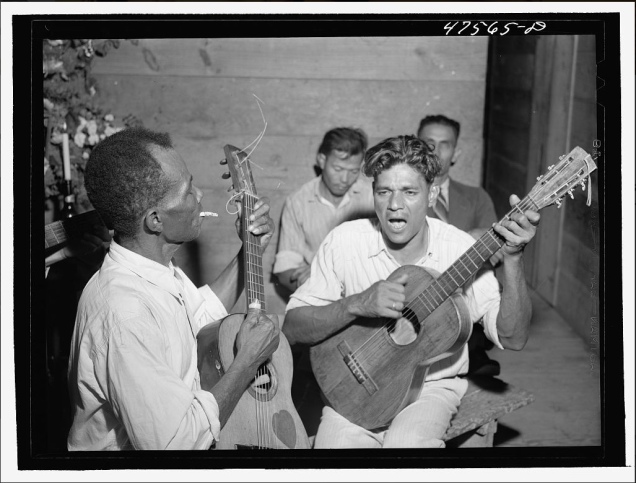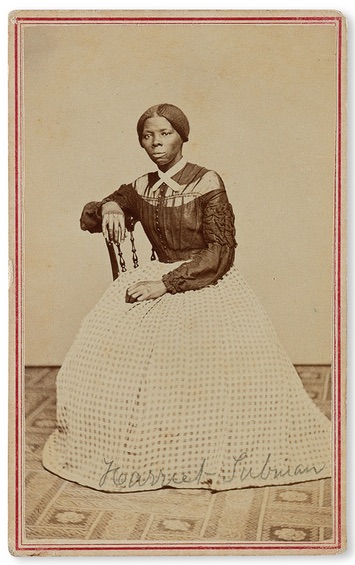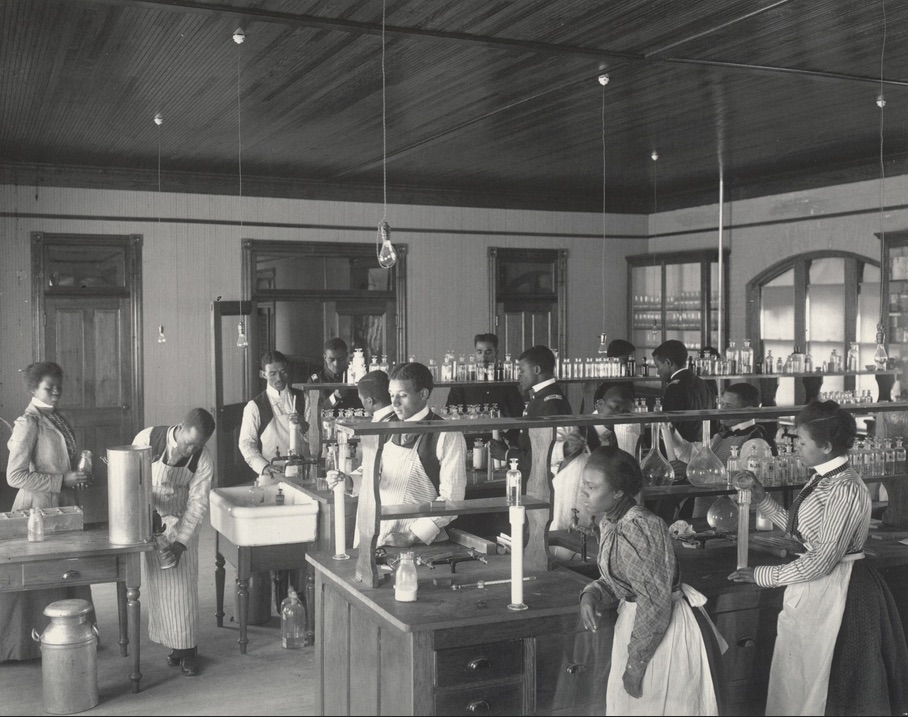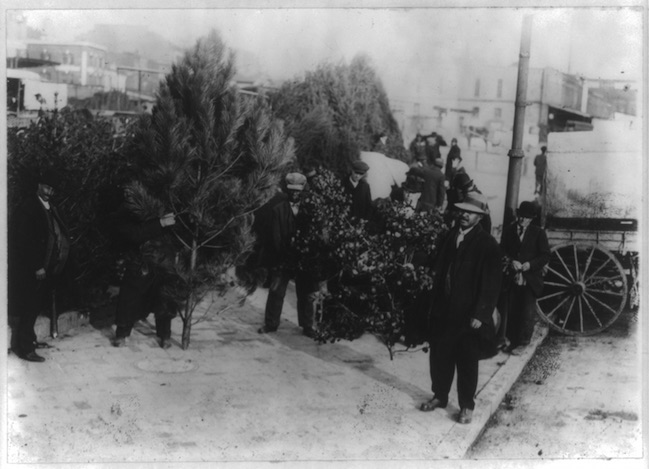In the inaugural sale of African-American memorabilia at Heritage Auctions (Dallas, Texas), a tintype of an African-American woman holding a book sold for $525.00. The sale took place on January 15, 2019.
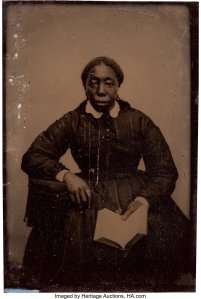
From the auction catalog:
Tintype of an African-American Woman.
2.5″ x 3.75″
No place; no date
An austerely dressed seated woman holding an open book. The image is reasonably sharp and beautifully shows her dress, collar, chain accessory, and facial expression.
Condition: Condition is good, with a few spots and scratches to the surface, none of which seriously mar the image. There is some wear at the top left edge, as well as some adhesive residue at the bottom left corner.
What interests me about this image is that she is holding a wide-open book in her left hand. Although images of this genre are not particularly rare, I am intrigued by the sitters very direct gaze at the viewer.
Though we have the absence of a location and date on this image the presence of the book suggests that her portrait is at least partially designed by her own self. I make this assertion because during the nineteenth-century African Americans sought to take ownership over their image, and the appearance of the book is a marker of self-determination in the area of literacy, education, and full-citizenship. Her fashion is also particularly smart — a full, delicately collared dress with a tailor-like fitting.
Looking forward to seeing the development of this Heritage sale category.
